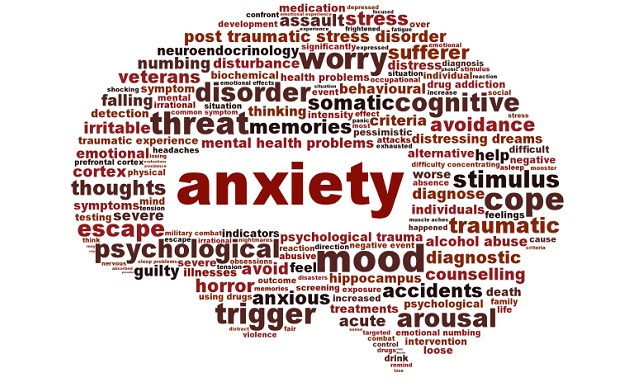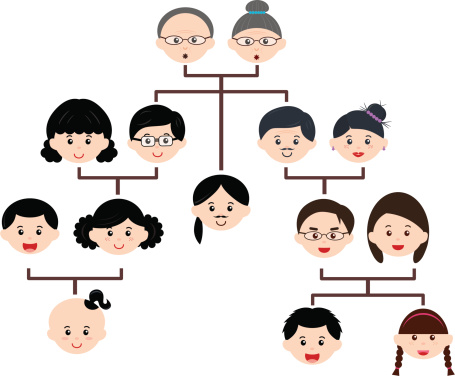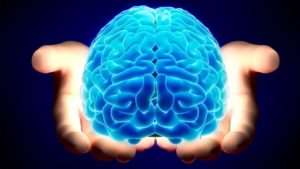 Family history (genetics)
Family history (genetics)
A history of mental health issues in your family may increase your likelihood of developing anxiety. There’s also a possibility we can ‘learn’ anxious responses from family members. Family history does not necessarily mean you will have anxiety but it can be a contributing factor.
 Ongoing stress
Ongoing stress
Persistent worries associated with chronic health problems, work issues, finances and family conflicts can be associated with developing anxiety.
Biochemical factors (brain chemistry)
Neurotransmitters are chemicals that carry signals from one part of the brain to the next. In people who experience an anxiety disorder, the mood regulating neurotransmitters may not function normally.
Pregnancy and childbirth
We often hear about ‘baby blues’ or postnatal depression. Anxiety during and after pregnancy is very common too.

Other medical problems
Some medical conditions can contribute to anxiety, such as heart disease, diabetes and thyroid problems. Magnesium and other nutrient deficiencies may also play a part.
 Trauma
Trauma
Events that cause considerable distress, such as witnessing a death or accident, earthquakes, severe storms, fires, sexual abuse and violence, can contribute to anxiety.
Personality
Some personality types are thought to be more likely to develop anxiety. These include perfectionist, sensitive and shy personalities, or people with low self-esteem. Sometimes, high achievers or ‘alpha’ people can develop anxiety.
Substance abuse
Use of drugs and medications such as cannabis, alcohol and sedatives can trigger anxiety. Withdrawal from such substances can contribute to anxiety too.
Anxiety can occur at the same time as other mental health problems

We can experience more than one anxiety disorder or other mental health issue at the same time. This is also called a ‘co-condition’ or ‘comorbidity’. For example, someone with generalised anxiety disorder can also have depression at the same time. This happens quite often. It’s always important to seek help from your GP so they can give you a thorough health check and the best advice.


 Family history (genetics)
Family history (genetics) Ongoing stress
Ongoing stress
 Trauma
Trauma